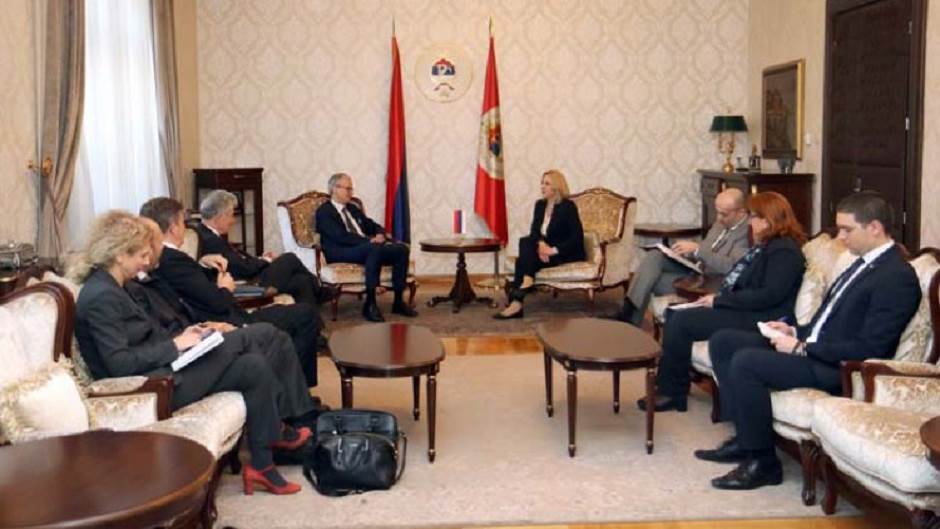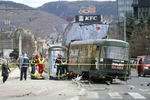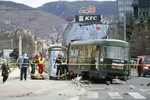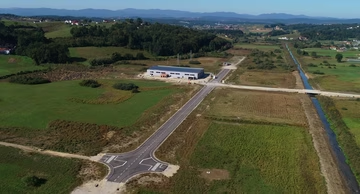Republika Srpska President tells EU officials her entity is committed to the EU

The Republika Srpska (RS) entity remains committed to the EU integration process, but a speedy formation of the Council of Minister is the main precondition for efficient communication between Bosnia’s two semi-autonomous entities, said the RS President, Zeljka Cvijanovic, during a Thursday meeting with European officials led by Director of European Commission’s Neighbourhood and Enlargement Directorate, Christian Danielsson.
Oglas
“The Republika Srpska government was the first to verify the answers to the European Commission’s follow-up questions, in the country, and we expect that other levels of government will invest additional effort so that Bosnia could deliver the answers to the Commission as soon as possible,” Cvijanovic told her EU interlocutors.
On June 20, the European Commission sent 655 follow-up questions to the Questionnaire which originally had 3,242 questions. These were answered and submitted in February 2018. The Questionnaire is part of the European Commission’s assessment of each EU candidate country on what reforms they need to implement before becoming an EU member state.
Since Bosnia repeatedly said it wants to join the EU ranks, the Commission sent the Questionnaire to get acquainted with the internal structure of the country, its economy and all other social and political aspects which need to be harmonised with the EU acquis before becoming an EU member state.
Oglas
In addition to Danielsson, the EU delegation consisted of the Managing Director for Europe and Central Asia in the European External Action Service, Thomas Mayr-Harting, Head of the EU Delegation to Bosnia, Lars Gunnar-Wigemark, Head of the Unit for Bosnia at the European Commission’s Directorate General for Enlargement, Michaela Matuella, and an expert adviser for Bosnia with the European External Action Service, Alexis Hupin.
Cvijanovic noted her entity’s commitment to the EU integration process which guarantees full respect for the constitutional position and competencies of this entity and its institutions.
Bosnia and Herzegovina consists of two semi-autonomous entities and a district. The RS is a Serb-dominated entity, while the Federation of Bosnia and Herzegovina (FBiH) is an entity shared between Bosniaks and Croats. The Brcko District is situated in the north of the country, and it is not dominated by either of the three major ethnic groups.
Kakvo je tvoje mišljenje o ovome?
Učestvuj u diskusiji ili pročitaj komentare
Oglas
Kakvo je tvoje mišljenje o ovome?
Učestvuj u diskusiji ili pročitaj komentare
Oglas
NAJČITANIJE
Oglas
Oglas
Najnovije
Oglas
Oglas





 Srbija
Srbija
 Hrvatska
Hrvatska
 Slovenija
Slovenija



























































